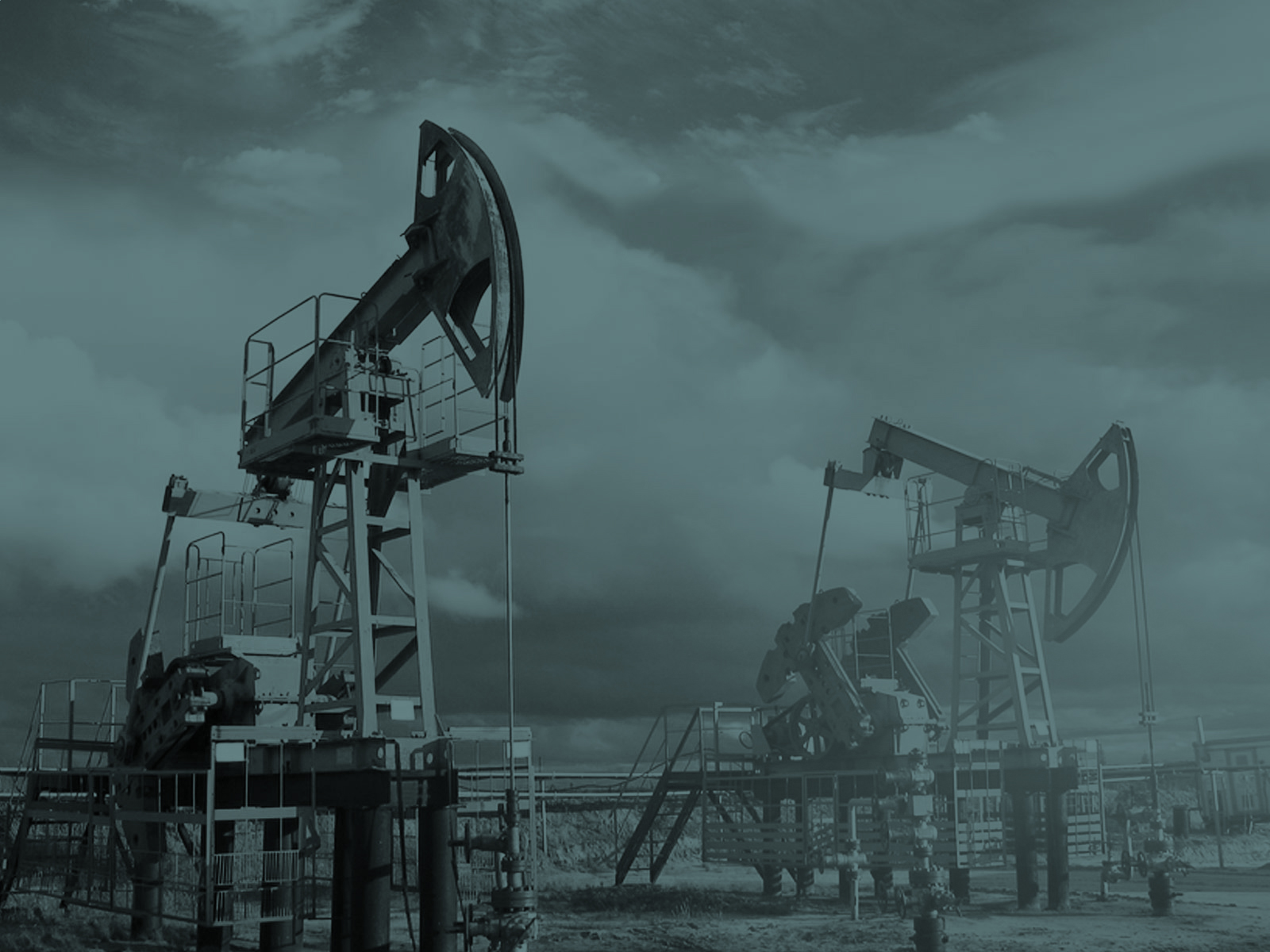How will Africa’s supply and demand of energy change in the next twenty years?
Dr Birol, IEA: On the supply side, new oil producers are emerging in West Africa, while East Africa is seeing a rise in gas production – shifts that will positively impact Africa’s export outlook in the years to come. A rapid population increase and rising rates of urbanisation and economic activity will lead to a surge in energy demand. How Africa addresses both rising supply and demand of energy will determine the continent’s economic and social development, perhaps more so than any other region in the world.
How is the future of renewable energy impacted by Africa’s gas boom?
Gas is indeed set to grow exponentially in East Africa, and major producers can either export (and derive revenue from) these abundant resources, or use them as a domestic source for electricity supply. However I expect both gas and renewables to grow simultaneously. Africa has a huge potential when it comes to renewable energy, but it has so far been under-utilised due to cost reasons. This is set to change as Ethiopia, Kenya and the Democratic Republic of the Congo develop hydropower and geothermal energy, positioning themselves as the renewable energy hub of the region.
How will energy trade between African resource exporters and other markets (e.g. China) evolve?
China’s relationship with Africa is already very strong, and I expect it to strengthen further -- for example, China is buying half of Angola’s oil. The US’s shale oil boom means that the Nigerian coast, rather than traditionally exporting oil to the US, will shift towards Europe and India. I also expect flows of East African gas towards Asia – particularly from Mozambique and Tanzania – to grow.
Nearly two-thirds of Sub-Saharan Africa’s population is without access to electricity. What policy changes and investments are needed to pull the population out of energy poverty?
There are two marks of energy poverty today in Sub-Saharan Africa. First, about 600 million people have no access to electricity. Secondly, 700 million lack access to clean-cooking services, which has health implications and is also one of the main sources of premature deaths on the continent.
Governments should work towards a plan to enable universal access to energy – something the IEA will advocate for in its next World Energy Outlook Special Report on Africa (to be published in October 2014). This multi-faceted policy approach will require governments to work closely with neighbouring countries and aid donors, to unlock investment for grid infrastructure and for clean-cooking facilities. Regional cooperation will be key to bring down investment costs and facilitate access to capital.
What should be the balance between government and market action in developing and managing new energy sources?
As far as oil and gas exports are concerned, Africa needs to tap foreign capital and markets. For example, Mozambique has large hydrocarbon reserves, but needs an estimated US$50 billion to develop them — 3.5 times the country’s GDP. Addressing challenges of access to electricity, however, doesn’t always bring handsome revenues to foreign investors. So governments themselves have an important role to play in strengthening energy infrastructure.
This interview is part of a programme managed by The Economist Intelligence Unit for GE.




